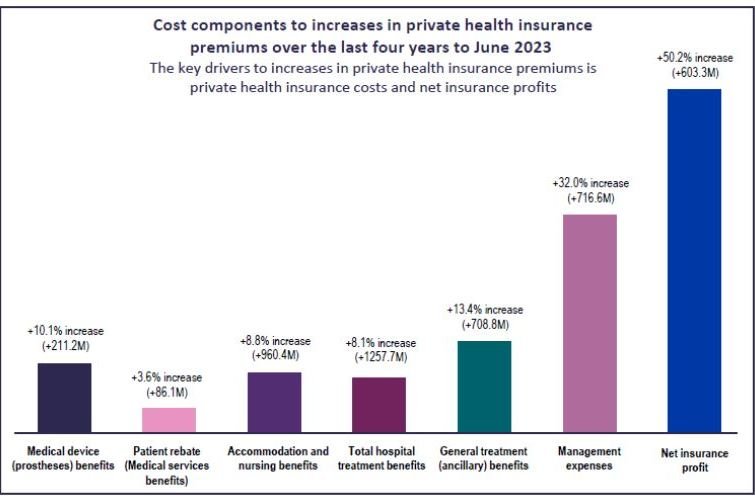At the University of Notre Dame Australia, the focus is on more than providing an excellent education – the aim is to prepare students to become well rounded citizens with a strong ethical compass. This approach to education is part of the reason why Notre Dame’s School of Business was delighted to host this year’s Australasian Business Ethics Network (ABEN) Conference, featuring keynote speaker Professor Edward Freeman and an opening address by Notre Dame Vice Chancellor Professor Francis Campbell.
In recent years, the demand for corporations to be more transparent, ethical and socially responsible has increased exponentially. Adding to that, the COVID-19 pandemic has raised serious ethical questions around the provision of healthcare and highlighted inequalities that exist in societies around the world, making this year’s ABEN conference theme, ‘Not Business as Usual: Ethics, Sustainability and Innovation’, particularly relevant.
While the importance of social responsibility may be a relatively new concept in a business world traditionally driven by profit, Notre Dame’s School of Business has always worked to embrace ethics as part of its programs. “We embed discussions about ethics in each of our different disciplines. Whether you’re studying accounting or business management for example, there is class time dedicated to talking about ethical practice and touching on the related issues,” says Dr Alessandro Bressan, who is Head of the Management discipline in the School and a member of the ABEN. “We view this as an important response to the demand for more socially responsible leaders, entrepreneurs and managers.”
This approach aligns with the core values of ABEN and why Dr Bressan was keen for Notre Dame to be part of a conference that continues to grow the debate around these real-world topics.
“ABEN is a small and supportive community of scholars who are passionate about business ethics, social and environmental issues. Passion and commitment were the ‘fuel’ of this two-day conference. It was a great event to share ideas and bring into the current discourse insightful and thought-provoking conversations. The two keynote speakers and the panel discussion provided several points of reflection which will contribute to the advancement of business ethics and sustainability conversation in the coming years,” said Dr Bressan.
In his opening address to participants, Professor Francis Campbell highlighted the centrality of ethics to education and research within the Catholic intellectual tradition. “We want our students not only to have the theoretical knowledge and the technical and professional skills to succeed in their careers but to be ethical citizens, willing to address the developments and challenges of the modern world and to serve the common good,” he said.
Quoting a letter Pope Francis wrote to young economists and entrepreneurs in 2019, Professor Campbell said, “Today more than ever, everything is deeply connected and… the safeguarding of the environment cannot be divorced from ensuring justice for the poor and finding answers to the structure problems of the global economy… Your universities, your businesses and your organisations are workshops of hope for creating news ways of understanding the economy and progress, for combating the culture of waste, for giving a voice to those who have none and for proposing news styles of life.”
Professor Campbell went on to add that the global pandemic has only served to reinforce the interconnectedness of our world and the need for individuals and organisations to look for ethical solutions to the problems confronting us – whether they be medical, economic and environmental. “These problems cannot be addressed without prosperous and well-operated businesses able to attract the funding and capital necessary to, for example, develop and distribute life-saving vaccines and medicines. The pandemic has also demonstrated the dangers of focusing only on the technical and not considering problems holistically,” he said.
In closing, Professor Campbell commented that “We have a duty to remind broader society that regulation is not enough to build societies or keep them together. It needs something more. It needs an ethical framework. For universities to be effective, they must always offer that something more and to form society, not simply be formed by it. We must do this in partnership with bodies such as ABEN.”







